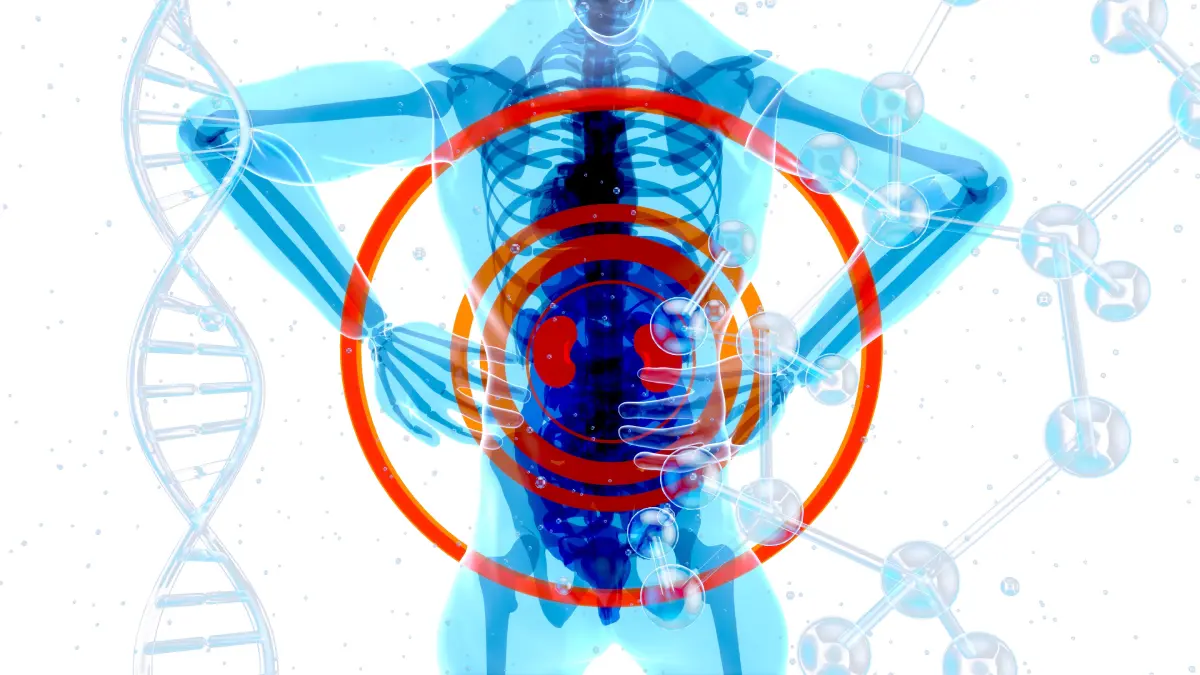Unraveling the Genetic Mysteries of Pain Management: Insights from the UK Biobank Study

Diving into the depths of the UK Biobank’s recent genome-wide association study, we find ourselves at the forefront of a fascinating revelation in the management of musculoskeletal pain. This groundbreaking study doesn’t just add a chapter to our understanding of pharmacogenomics; it opens a whole new section.
The key takeaway? The intricate relationship between our genetic makeup and the efficacy of pain medications in musculoskeletal conditions. This study is a treasure trove of data, offering insights that could potentially revolutionize how we approach pain management in clinical practice.
Here’s why this is a big deal:
- Personalized Pain Management: The study highlights genetic variants associated with the variability in drug response. This knowledge paves the way for more personalized, effective pain management strategies.
- Reducing Trial-and-Error in Prescribing: Armed with this data, clinicians can potentially bypass the often lengthy process of ‘trial and error’ in finding the right medication for patients.
- Improving Patient Outcomes: By tailoring pain management to genetic profiles, we can improve patient outcomes, reducing the burden of musculoskeletal pain which affects millions worldwide.
- Advancing Pharmacogenomic Research: This study is a beacon, guiding further research in pharmacogenomics. It demonstrates the value of large-scale biobank data in uncovering genetic influences on drug response.
As someone deeply entrenched in the field of pharmacogenomics, I am thrilled by the implications of these findings. The integration of genome-wide association studies into clinical practice isn’t just a possibility; it’s an emerging reality, thanks to efforts like these.
I encourage my colleagues and fellow researchers to delve into this study. Let’s discuss how these findings can be translated into practical, patient-centered solutions. The future of pain management is here, and it’s personalized, more precise, and genetically informed.